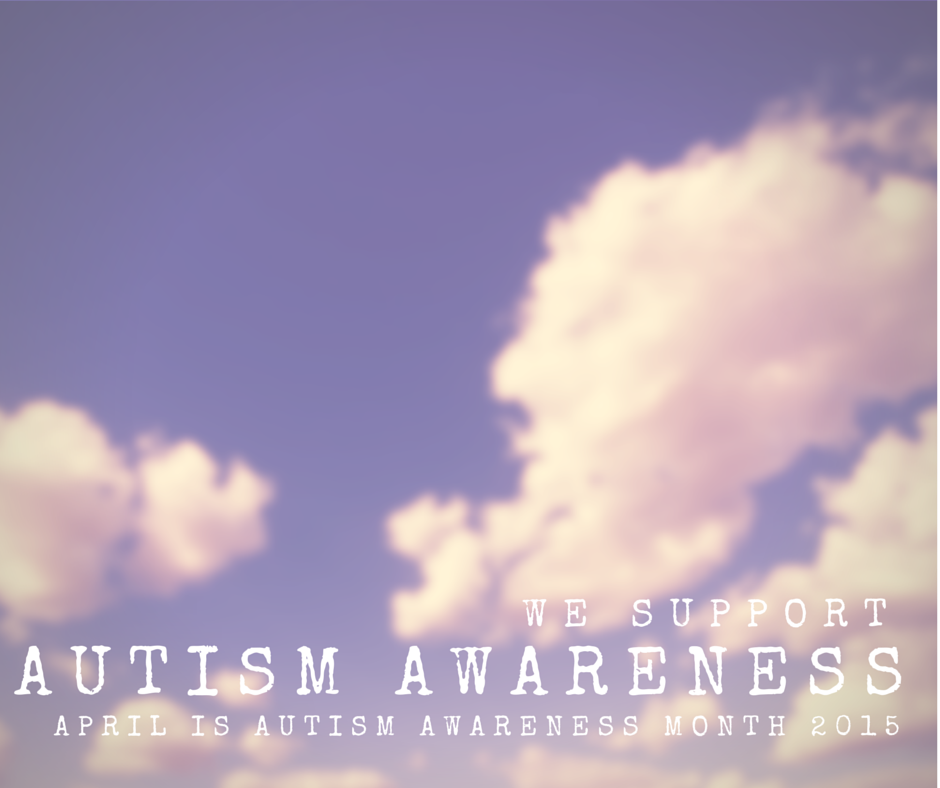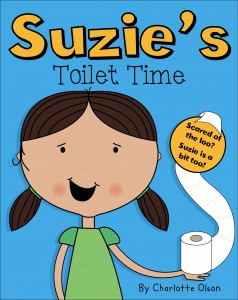
Autism Awareness Month 2015
Getting a diagnosis of Autistic either for you or a loved one can be a traumatic experience. Check out our previous blog on the subject (https://patienttalk.org/?p=284) which in fact was one of the first posts we ran on the blog.
In this blog we are interested in kick starting a discussion on how to discuss autism with family, friends and even the wider community. While we are not aware that autism is perceived in a negative fashion (see https://patienttalk.org/?p=1668) we are interested in the best ways of getting a positive reaction to an autism diagnosis. The aim is to make the comments box below a great resource for anyone who has themselves just been diagnosed with autism or has a family member or friend who has just received a diagnosis.
As I mentioned before I found my son’s initial diagnosis very hard and, at the time, did not want to discuss it with anyone in any depth. I now feel that this was a mistake as along the way we did lose contact with people due, in part, to us not explaining the changes in our lives caused by our son’s autism. (To be honest most people assume that a five year old who can’t use a potty must be on the receiving end of bad parenting.)
One thing I have noticed is that a lot of people assume that people on the spectrum are savants rather like the Dustin Hoffman’s character in Rain Man. Not easy to disabuse people of this one I’m sorry to say.
But the real headache, for me, is the meltdowns. As the years go on they become fewer and fewer, for us at least, but when they do appear they are still an emotional tsunami. For the onlooker it seems these are just “tantrums” over nothing rather than an upturned world which our son cannot control or rectify. But the whole experience is made much worse by the looks of contempt and disgust on the faces of passers-by when it happens in public.
So how do you talk to people about it and try to get them to understand?
I know some people walk away from massive social lives finding it easier to just focus on their loved ones. Others turn to autism advocacy often with great success.
So over to you. How do you communicate autism awareness and the specific issues which affect your life to those around you and in the wider neurotypical community? It would be great if you could use the comments boxes below to share your thoughts on these matters.
You might wish to consider the following questions when framing your answers:-
a) What are the major issues with regard to autism which you feel you need to explain to others?
b) How has the autism diagnosis affected your relations with friends and family?
c) How do you explain autism to others?
d) Are they any resources you think may be of use to others in helping them raising autism awareness? This might include your own autism awareness resource.
e) How do you explain meltdowns to those around you?
Please note that these are only a few of the questions the subject raises. Please do add anything you think may be of interest.
Many thanks in advance.


